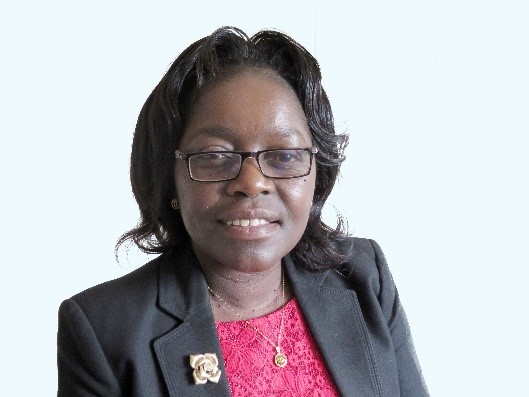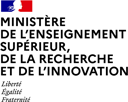POST-HARVEST TECHNOLOGIES TO REDUCE FOOD LOSSES

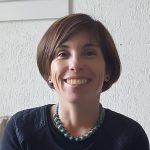
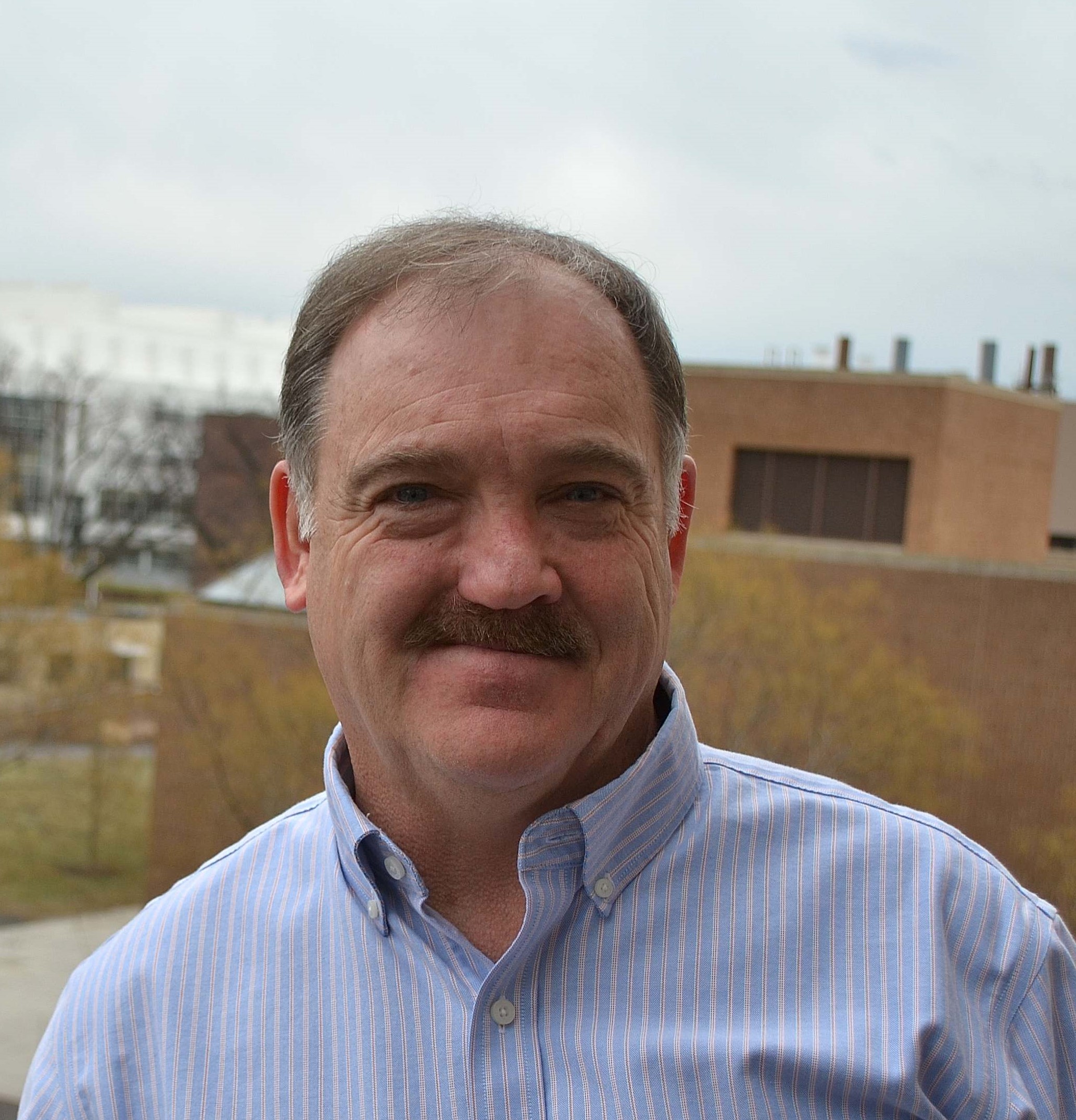

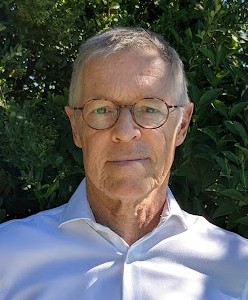
Cristina Besada, Spain ; Christian Chervin , France ; Victor Escalona, Chile ; Andrew Mcnish, Australia ; Mabel Gil Munoz, Spain ; Daniel Neuwald, Germany ; Umezuruike Opara, South Africa ; Christopher Watkins, USA ; Carmit Ziv, Israel ; Christian Larrigaudiere, Spain ; Giuseppe Sortino, Italy ; Carmen Alamar Gavidia, The United Kingdom ; Andrew East, New Zealand ; Rachel Wood, Germany ; Olaniyi Fawole, South Africa
Postharvest technologies are critical to maintaining value and reducing food losses from horticultural crops worldwide. Our planet is facing many challenges leading to the transformation of the food production systems. Recently, food insecurity has increased and showed how vulnerable our world civilization is. In this regard, the postharvest technologies are fundamental to reduce food losses and ensure more food to vulnerable populations. Therefore, this symposium will focus on traditional and innovative postharvest techniques including more sustainable and resilient technologies in order to reduce pesticides, carbon emissions and promote energy efficiency. It will particularly focus on quality change, food safety, new knowledge in biotechnology and postharvest physiology, new tools to evaluate maturity and food quality. New horticultural practices related to mechanization, robotization, integrative approach and modeling will also be covered
The following topics will be developed during the symposium:
• Reducing postharvest losses through techniques, organization and management
• Advances in postharvest technologies (UV-C, visible light, heat treatments, controlled and modified atmosphere, plasma and irradiation, biocontrol)
• Advances in fresh-cut production
• Biotechnology and omics for postharvest management
• Maturity fruit sorting to improve postharvest management of fruit batches
• Post-harvest pathology, microbiological and chemical safety
• The links between plant defense system, phytobiome and postharvest quality
• Challenges and developments in post-harvest storage of tropical fruit and vegetables
• Modeling in postharvest
• Links between postharvest management and possible use or valorization of products
• Economic, social and environmental impact of postharvest activities and reduced food waste
If you need help for your abstract please contact :
florence.charles@univ-avignon.fr
HOW TO PREPARE ABSTRACTS AND PAPERS SUBMIT YOUR ABSTRACTS
